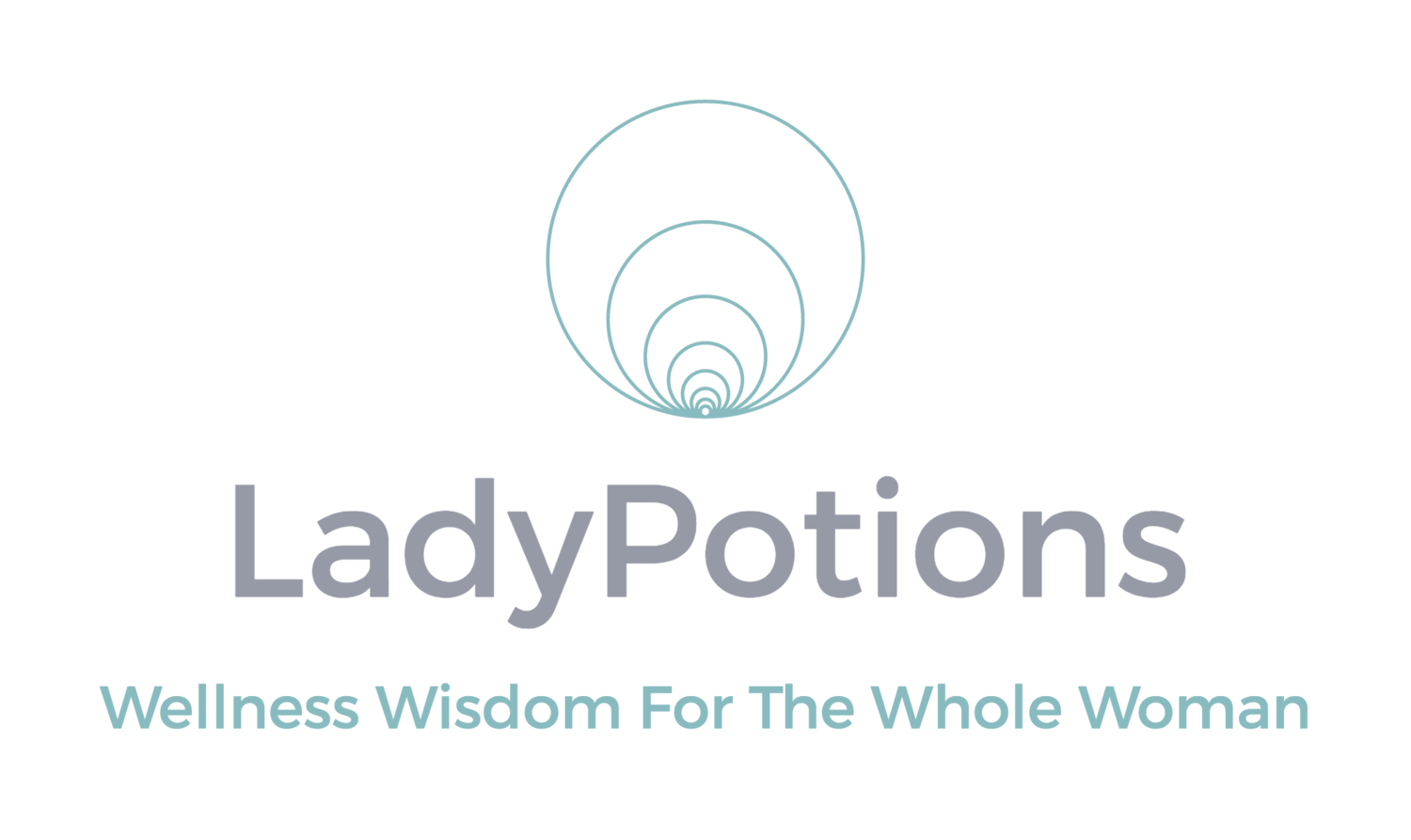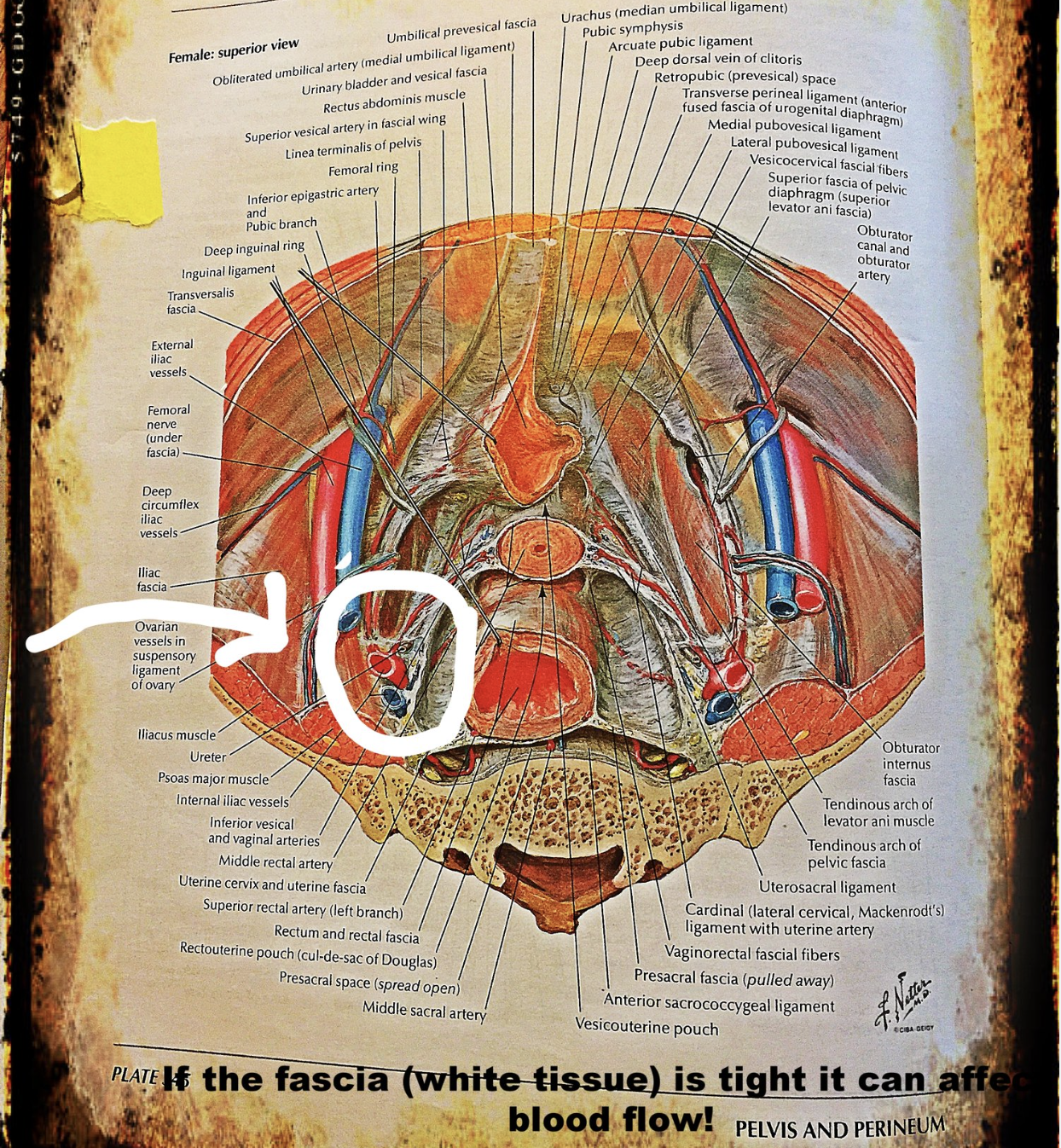Subtitle: We discuss the major influence that chromosomal methylation has on our cells’ genetic expression, and how we can manipulate it to our advantage.
Description: Ricardo Miranda is the CEO and MTHFR consultant for MTHFRdoctors.com. He is a leading clinician and one of the top researchers in the field of MTHFR genetic mutation. With over 28 years of clinical experience, he is able to assess the direct link between his patient’s genetic mutations and their health issues. He developed a unique approach combining Functional Medicine, Genetics, Epigenetics, Traditional Chinese Medicine, Acupuncture, Nutrition and Integrative Medicine diagnostics. He has done extensive research in the MTHFR area, and with the understanding of multiple disciplines, he has coached doctors from all over the country on how to treat patients with MTHFR mutations and methylation issues, including mitochondrial dysfunction. With a passion for helping people reverse their long-lasting illnesses, Ricardo founded MTHFRdoctors.com. Today MTHFRdoctors.com is one of the leading websites in the field of MTHFR with the biggest research database on MTHFR related studies available.
We take a deep dive into how our body's natural ability to detoxify itself can be inhibit by as much as 70% depending on our genetics. The innability to detox naturally can have significant impact on both male and female fertility as well as the health of our future children. We discuss in depth the antagonist relationship between folate and folic acid and how to avoid folic acid causing issue even though it is widely prescribed to OB patients across the US.
Takeaways
[2:12] MTHFR is a gene that controls how the body breaks down folate and folic acid. We get folate from food, and our bodies break down and dispose of excess folate naturally. Folic acid, however, is a synthetic form of folate, and excess levels of folic acid leads to toxicity. Synthetic folic acid has been added to processed foods since the early 1990s.
[5:15] MTHFR gene mutations come in varying degrees of severity, and 80% of the population has at least some form of the mutation. A double (homozygous) mutation, the most severe form, results in the body only being able to break down 30% of its folate or folic acid intake, leading to toxicity if the body’s folic acid intake is particularly high.
[13:15] Methylation is a cellular process that “turns” certain genes “on” and “off” by chemically altering the overall structure of our DNA to either allow or hinder gene expression. In other words, if we have certain genetic mutations that we’d like to suppress, we’d want to “turn off” those genes through methylation, and prevent those genes from being expressed at all.
[15:00] We can influence our DNA’s methylation through our environment and lifestyle—habits like exercising have been shown to positively affect methylation, for example.
[24:50] It’s important to get tested for the MTHFR mutation and understand your body’s ability to break down folate and folic acid. Folic acid buildup during pregnancy can have severe impacts on the health of your baby.
[30:15] Genetic testing allows us to become aware of certain mutations we might not even know we possess, allowing us to take action to prevent complications that arise from these mutations before they become serious problems.
[36:40] Supplementing a diet with raw folate and avoiding folic acid will help prevent toxic buildup, but if you have any form of the MTHFR mutation, you’re still not going to be able to break down and utilize all of the folate you intake. Methylated folate can be taken as a supplement in varying quantities based on the severity of your MTHFR mutation, as it bypasses the step your body needs to take to break down the unmethylated folate that is found more commonly.
[39:15] When analyzing your MTHFR genetic results, know that A’s are better than C’s, 1 is better than 2, and if you have a moderate to severe set of mutations, you’ll want to seek professional help. It’s crucial that both partners get tested, as MTHFR mutations will affect the health of your baby no matter who they’re inherited from.
[43:30] It is ideal to prepare the body for pregnancy at least 3-6 months in advance, but 12 months lead time is optimal. This allows the body to recover and detoxify from any unhealthy lifestyle choices, especially so that the genetic repercussions of these bad habits aren’t passed down to the baby. Even men should detoxify at least 3 months before trying to conceive, as the sperm life cycle is about 90 days.
References:
ADHD – https://pubmed.ncbi.nlm.nih.gov/35834596/
Anemia – https://pubmed.ncbi.nlm.nih.gov/29532755/
Anxiety – https://pubmed.ncbi.nlm.nih.gov/30904222/
Asthma – https://pubmed.ncbi.nlm.nih.gov/34511169/
Autism – https://pubmed.ncbi.nlm.nih.gov/19440165/
Blood Clots – https://pubmed.ncbi.nlm.nih.gov/29212064/
Cancer -
MTHFRdoctors research on cancer
Developmental Delays – https://pubmed.ncbi.nlm.nih.gov/32318793/
Depression – https://pubmed.ncbi.nlm.nih.gov/15671130/ Note: Folic acid is a direct contraindication for people that have MTHFR mutations and MTHFR patients should only take a methylated for of folate. Dosage is calculated based on the individual mutation and blood marker assessment.
Diabetes – https://pubmed.ncbi.nlm.nih.gov/12136399/
Down syndrome – https://pubmed.ncbi.nlm.nih.gov/24913031/
Glaucoma – https://pubmed.ncbi.nlm.nih.gov/30851082/
Heart Attacks – https://pubmed.ncbi.nlm.nih.gov/24242286/
Infertility – https://pubmed.ncbi.nlm.nih.gov/33914208/
Microcephaly – https://pubmed.ncbi.nlm.nih.gov/34983810/
Migraines – https://pubmed.ncbi.nlm.nih.gov/30451038/
Miscarriages – https://pubmed.ncbi.nlm.nih.gov/30986448/
MS (Multiple Sclerosis) – https://pubmed.ncbi.nlm.nih.gov/26261797/
NTD (Neural Tube Effects) – https://pubmed.ncbi.nlm.nih.gov/35653630/https://pubmed.ncbi.nlm.nih.gov/16825690/https://pubmed.ncbi.nlm.nih.gov/17480154/
Peripheral Neuropathy – https://pubmed.ncbi.nlm.nih.gov/29222982/
Schizophrenia – https://pubmed.ncbi.nlm.nih.gov/21185933/

